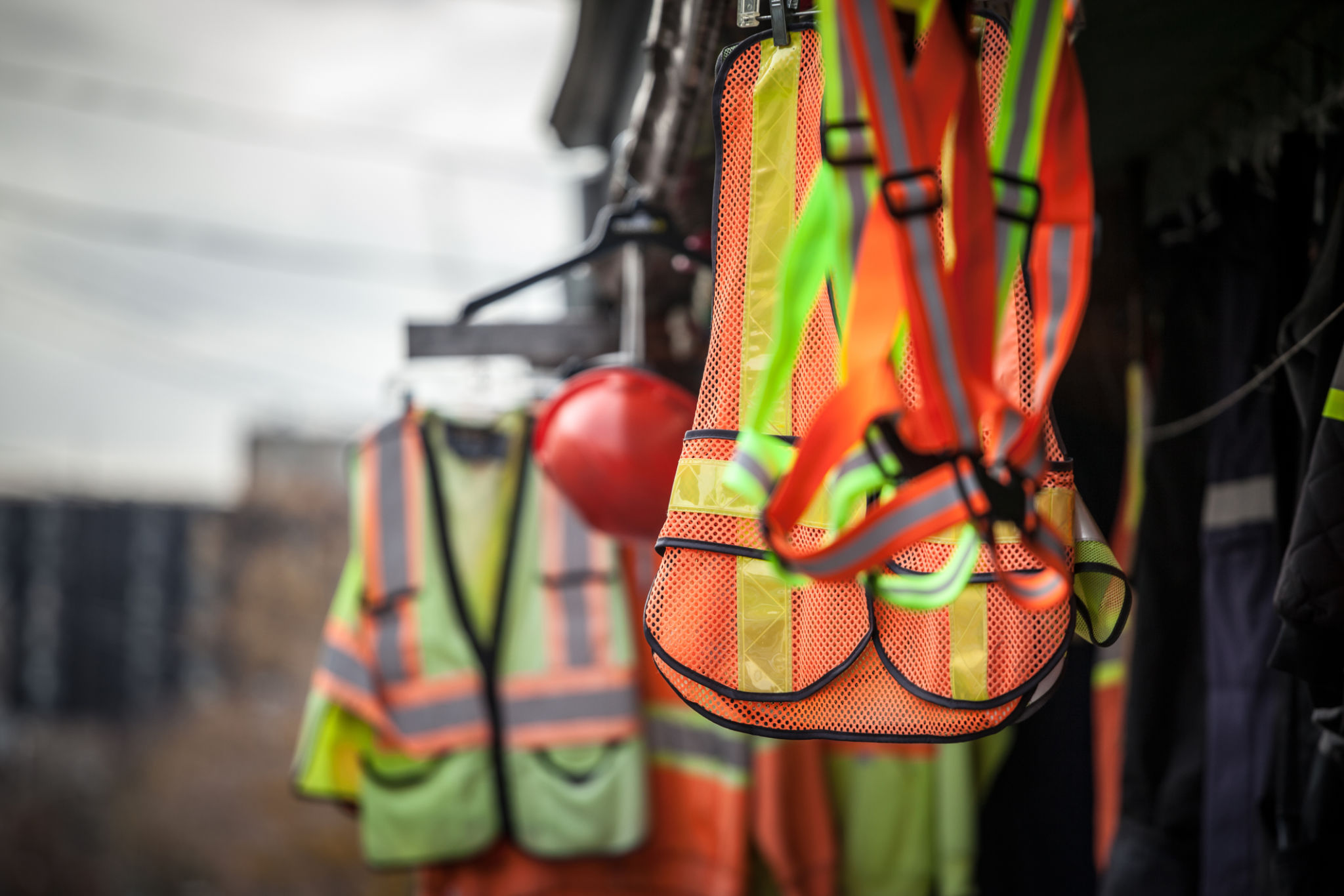How to Prepare Your Property for Construction: A Fairfield Homeowner’s Guide
Da
Understanding Local Regulations and Permits
Before breaking ground on any construction project, it's crucial to familiarize yourself with the local regulations and permits required in Fairfield. These rules are in place to ensure safety and compliance with community standards. Start by visiting the local municipal office or checking their website for guidance on what permits are necessary for your specific project.
Securing the right permits can be a time-consuming process, so it's wise to begin this step well in advance of your planned construction start date. Additionally, ensure that your contractor is also aware of and compliant with all local regulations. This will help avoid any legal issues that could delay your project.

Conducting a Site Assessment
Conducting a thorough site assessment is another essential step in preparing your property for construction. This involves evaluating the land's current condition, identifying any potential obstacles, and determining the best approach for your project. A professional surveyor can assist in this process, providing valuable insights into soil quality, drainage issues, and topographical challenges.
It's important to consider the natural features of your property, such as trees, slopes, and water bodies. Deciding whether these elements should be preserved or modified can significantly influence the design and execution of your construction plans.
Creating a Detailed Project Plan
A well-structured project plan is key to a successful construction process. Collaborate with your contractor to develop a comprehensive timeline that outlines each phase of the project, from ground-breaking to completion. This plan should include specific milestones, deadlines, and budget estimates.
Having a detailed plan will not only keep your project on track but will also help you manage expectations and make informed decisions along the way. Regularly reviewing and updating this plan can ensure smooth progress and address any unforeseen challenges promptly.

Preparing Your Property: Clearing and Utilities
Once you have a solid plan in place, it's time to prepare your property physically. This involves clearing the land of debris, vegetation, or structures that may obstruct construction. Renting specialized equipment or hiring professionals can make this process more efficient and safe.
Additionally, ensure all necessary utilities such as water, electricity, and gas are either installed or readily accessible. This might involve coordinating with utility companies to set up temporary connections or reroute existing lines.
Ensuring Safety and Accessibility
Safety should be a top priority when preparing your property for construction. Implement measures to secure the site, such as fencing off hazardous areas and posting clear signage. This is particularly important if the site is near public areas or residential neighborhoods.
Accessibility is another factor to consider. Ensure that construction vehicles and personnel can easily access the site without disrupting traffic or neighboring properties. This may involve coordinating with local authorities to obtain necessary approvals for road usage or closures.

Communicating with Neighbors
Effective communication with neighbors can prevent potential conflicts and foster goodwill during your construction project. Inform them about your plans, expected timelines, and any disruptions they might experience. Providing regular updates can help keep neighbors informed and reduce misunderstandings.
Consider hosting a community meeting or distributing flyers with relevant information. Being proactive in addressing concerns shows respect for your community and can lead to smoother interactions throughout the construction process.
Monitoring Progress and Adapting Plans
Once construction begins, it's important to monitor progress closely. Regular site visits allow you to ensure that work is proceeding according to plan and address any issues promptly. Maintain open lines of communication with your contractor to discuss any necessary adjustments or changes.
Flexibility is key during construction projects. Despite thorough planning, unforeseen challenges can arise, requiring you to adapt your plans. Having a contingency budget and being prepared to make decisions on the fly will help keep your project on track.

Finalizing Construction: Inspections and Approvals
As your project nears completion, ensure that all work meets local building codes and standards. Schedule final inspections with the appropriate authorities to verify compliance and secure official approvals.
Once inspections are complete and approvals are obtained, you can begin enjoying the results of your hard work. Remember that maintaining open communication with all involved parties even after construction concludes can help address any lingering issues effectively.
